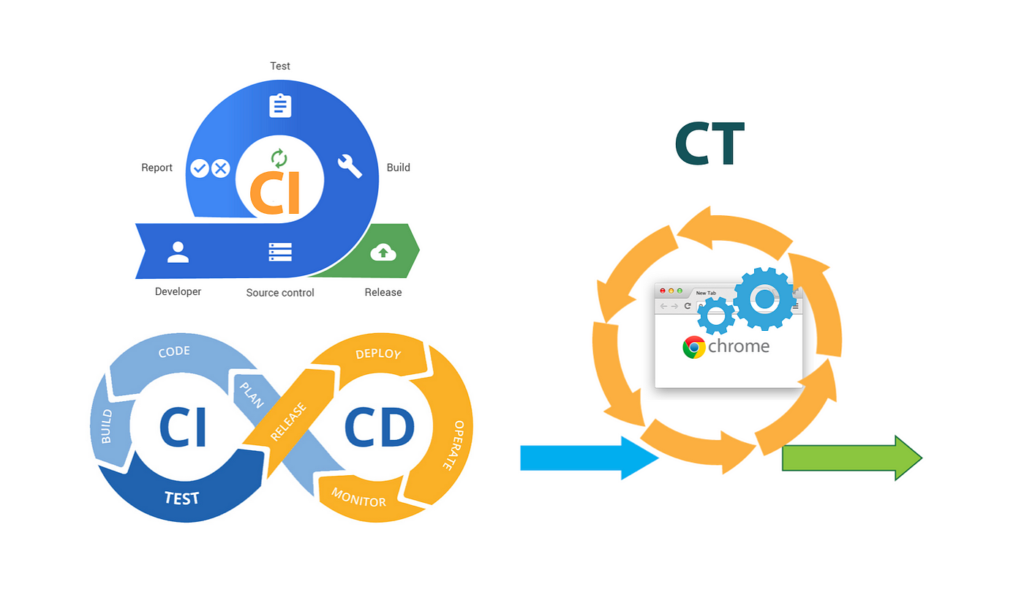
In the rapidly evolving landscape of mobile app development, staying ahead of the curve requires more than just coding skills. A successful mobile app developer needs to be well-versed in a plethora of tools that streamline the development process, enhance productivity, and ensure the creation of high-quality applications. In this article, we will delve into the essential tools that every mobile app developer should know, ranging from those aiding in design and development to testing and deployment.
Integrated Development Environments (IDEs):
IDEs are the backbone of any mobile app development process. They provide a centralized platform for coding, debugging, and testing. Two of the most popular IDEs for mobile app development are Android Studio for Android applications and Xcode for iOS applications. These environments offer robust features such as code autocompletion, debugging tools, and emulators for testing.
Version Control Systems:

Effective collaboration and code management are crucial aspects of mobile app development. Version control systems like Git allow developers to track changes, manage code repositories, and collaborate seamlessly. Platforms like GitHub and GitLab further enhance collaboration by providing a centralized hub for hosting and sharing code.
Design Tools:
A visually appealing and user-friendly interface is essential for the success of any mobile app. Design tools like Sketch, Adobe XD, and Figma enable developers to create wireframes, prototypes, and design assets efficiently. These tools facilitate collaboration between designers and developers, ensuring a smooth transition from design to implementation.
Cross-Platform Development Frameworks:
To reach a wider audience, many developers opt for cross-platform development frameworks that allow them to write code once and deploy it across multiple platforms. Popular frameworks like React Native, Flutter, and Xamarin simplify the development process by offering a single codebase for both Android and iOS platforms.
App Performance Monitoring:
Ensuring the optimal performance of a mobile app is crucial for user satisfaction. Tools like Firebase Performance Monitoring, New Relic, and Instabug help developers identify and address performance issues, track user interactions, and optimize the app’s overall responsiveness.
Mobile App Analytics:
Understanding user behavior is essential for refining and optimizing a mobile app. Analytics tools like Google Analytics for Mobile, Flurry, and Mixpanel provide insights into user engagement, retention, and in-app interactions. This data-driven approach allows developers to make informed decisions to enhance the app’s functionality and user experience.
CI/CD tools:

Automating the testing and deployment processes is integral to maintaining a smooth development workflow. CI/CD tools like Jenkins, Travis CI, and CircleCI enable developers to automate testing, build processes, and deployment, ensuring that updates are released efficiently and without disruptions.
Performance Testing Tools:
Apart from monitoring, performance testing is crucial to ensure that an app not only works smoothly but also performs optimally under various conditions. Tools like Apache JMeter and Gatling allow developers to simulate different scenarios, analyze how the app handles different loads, and identify potential bottlenecks. By conducting thorough performance testing, developers can enhance the app’s scalability and responsiveness.
Code Review and Collaboration Tools:
Maintaining code quality and ensuring collaboration among team members are vital aspects of mobile app development. Code review tools like Bitbucket and GitLab provide functionalities for collaborative code review, allowing developers to catch potential issues early and maintain a consistent coding standard. These tools facilitate communication within development teams and contribute to the overall improvement of code quality.
Security Testing Tools:
With an increasing number of cyber threats, ensuring the security of mobile applications is paramount. Security testing tools like OWASP ZAP and Veracode assist developers in identifying and fixing vulnerabilities in their code. Incorporating security testing into the development process helps build robust and secure mobile apps, protecting both user data and the reputation of the application.
Dependency Management Tools:
Managing dependencies efficiently is crucial for avoiding compatibility issues and ensuring that the app’s libraries and frameworks are up to date. Dependency management tools such as CocoaPods for iOS and Gradle for Android simplify the process of integrating third-party libraries into the project. These tools help in managing dependencies seamlessly, reducing the risk of compatibility issues and enhancing overall development efficiency.
Cloud Services:

Utilizing cloud services is integral to modern mobile app development. Platforms like AWS (Amazon Web Services), Google Cloud, and Microsoft Azure provide scalable infrastructure, storage, and various services that facilitate app development, deployment, and maintenance. Cloud services enable developers to focus on app functionality while relying on scalable and reliable infrastructure for hosting and storage.
Automated Testing Frameworks:
Automated testing frameworks are essential for ensuring the reliability and stability of mobile apps. Appium, Espresso, and XCTest are popular frameworks for automating functional and UI testing on both Android and iOS platforms. Automated testing streamlines the testing process, reduces manual effort, and helps identify bugs and issues early in the development lifecycle.
Conclusion:
In the fast-paced area of mobile app development, you need to know how to use the most important tools to be successful. From the first idea to the release of the finished product, developers need to use these tools to improve teamwork, speed up work, and make sure that high-quality mobile apps are made. As long as mobile app developers stay up to date and use these tools, they can handle the difficulties of their jobs and stay ahead of the competition.


